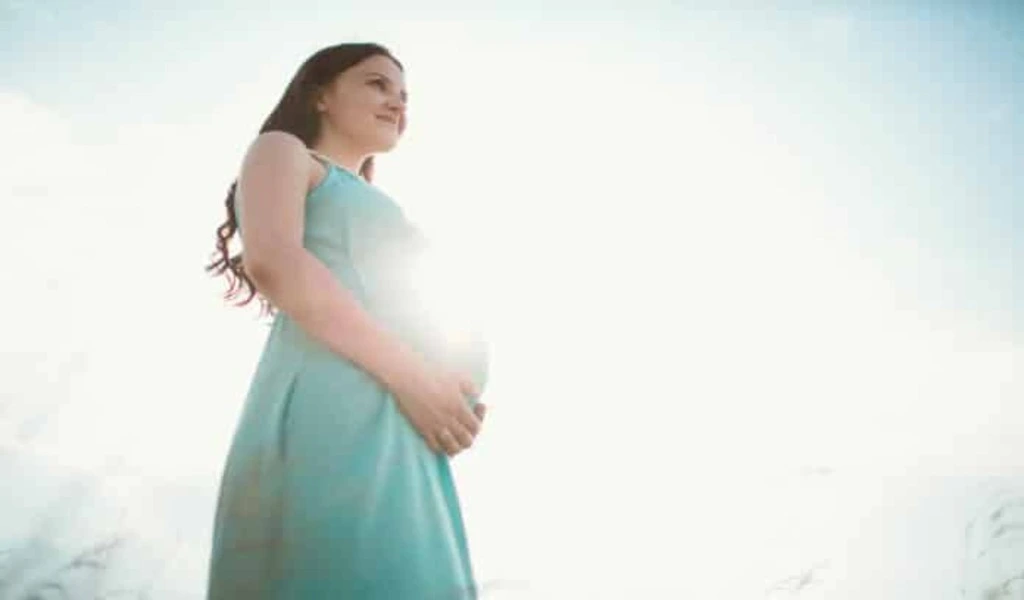(CTN News) – Genetic mutations, pregnancy, and breast cancer risk are complicated relationships, according to a cell-based study.
Imperial College London researchers studied healthy breast cells from 29 women with varying levels of childbirth experience and women who had never given birth. Their goal was to investigate genetic mutations and how cells divide.
They’re doing this kind of research for the first time, and it can help them better understand why breast cells become cancerous. The study might explain why women who have their first child when they’re older are more likely to develop breast cancer later in life than women who have their first baby when they’re younger.
According to Dr Biancastella Cereser, lead author of the study, “In recent decades, women have begun having children later due to societal changes and personal preference.”. Researchers have found that this increases the risk of breast cancer.”
“We study the genetic mysteries underlying this risk,” she said. As with other organs, the human breast accumulates mutations with age – and pregnancy may have an additional effect, causing older first-time mothers to be more likely to develop harmful changes in their breast cells.”
It is complex to determine how pregnancy impacts a woman’s risk of breast cancer. First-time mothers (under 24) have a lower long-term breast cancer risk (20-35% less) than women without children. Women who have their first child after 24 have a 5% increased risk for every five years.
According to their recent study, Dr. Cereser and her team closely examined the changes in healthy breast tissue in three groups of women: women under 25 who were first-time mothers, women between 35 and 55 who were first-time mothers, and women aged 25 to 53 who were not pregnant.
29 frozen healthy breast tissues from women who hadn’t used hormonal contraception and didn’t have specific genetic mutations linked to breast cancer (BRCA1 or BRCA2) were examined for their entire genetic makeup.
The epithelium tissue, where breast cancer usually begins, accumulates about 15 mutations per year as women age. In average, healthy tissue, most of these mutations don’t cause any harm and aren’t linked to cancer.
Researchers also examined clonal patches, which are groups of cells with the same genetic makeup. Those occur when mutated cells pass their mutation on to their daughter cells, causing them to become mutated as well. Breast tissue from first-time mothers aged 35-55 had increasingly significant clonal patches.
As women age, their breast cells naturally get more mutations, according to Dr. Cereser. Those mutations are more likely to happen in genes linked to cancer with more time (called driver mutations). Cancer might not be caused by this alone.
It is possible, however, that pregnancy could worsen breast cancer since it causes a rapid growth of breast cells in preparation for breastfeeding. In the event that cells with driver mutations grow and spread faster, they might outcompete healthy cells nearby, which could lead to cancer.
SEE ALSO:
7 Facial Hair Removal Methods: Choosing the Right One for You






